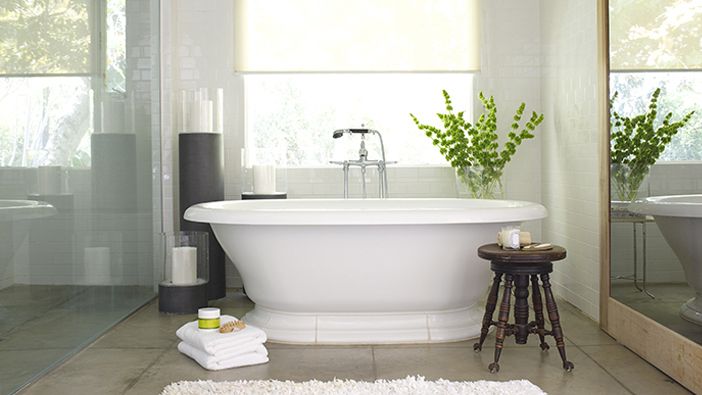You need hot water fast, without fail and paying as little as possible. To achieve this, it is essential not to make a mistake when choosing a system. Hot water service Newcastle tell you which one is the most convenient for you.
Heating is only used in winter, but we need hot water all year round and there are three great ways to get it. It is normal to have doubts between boiler, heater and thermos, the three most common equipment. We guide you so that you know in which situations each of them is most recommended.
- Boilers: They can be natural gas or diesel.
- Heaters: They can be natural gas, butane or propane. They only serve for hot water.
- Thermoses: They work with electricity and only serve for hot water.
Boiler: if you need heating in addition to hot water
If you need domestic hot water and heating, your best option is a production gas boiler. If you are thinking of installing radiators or underfloor heating, the boiler is also the best solution, since it will provide you with water and heat practically instantly.
The most used boilers are natural gas boilers with condensation technology. They are able to take advantage of the latent heat of the gases from the combustion to achieve yields greater than 100%. What does this translate to? That you will save up to 30% on your gas bill.
If you want to install a boiler in your home, remember that you will need a natural gas outlet and make the corresponding installation. If you are not willing to get into construction, you better opt for another heating system.
Another aspect to consider is the power of the boiler. You don’t need the same for a flat with only one bathroom and a kitchen as you do for an apartment with multiple sinks, a spacious kitchen, and lots of rooms. Calculate 115 W per square meter.
To give you an idea, the most common powers are 23-25 kW, enough for a standard home. But if your house is very large or you live in a cold area, you can increase the margin and opt for 30-35 kW.
Heater: only for water and if you already have a gas outlet
If you only need sanitary hot water, the gas heater is a recommended option. Smaller in size than boilers and thermoses, they can heat all the water that enters the system as long as its capacity is not exceeded.
But the heaters are not all-powerful: they have a production limit that is measured by liters per minute. The most common capacities are usually 5, 10 or 15 liters per minute, but there are models with a much higher load. If you want to know how much you need you must take into account the number of people living in the house and the number of consumption points (adding bathrooms, kitchens and appliances).
If you already have a gas outlet, or if you don’t mind switching to butane / propane, the heater is your option. Its installation is very simple and its fuel costs less than electricity.
Thermo: if there is no gas outlet and / or for second homes
If you cannot install gas in your house, or if it is a second home, we advise you to consider the option of an electric boiler. Its operation is very simple: they accumulate a certain amount of water inside, heat it and keep it at the temperature indicated.
The bad thing is that when this quantity is finished, there is no other option but to wait for it to fill with water again and heat it to be able to use it. It depends on the model and the quantity, but we could indicate that between one and three hours, more or less.
So, determining how much water you will need is crucial. Otherwise you will end up showering with cold water. Information for your calculations: in each shower you are spending around 30 liters of water.
So, if you are two in the apartment, you will need at least a thermos of about 80 liters. With four inhabitants it will be better to opt for one of 100 liters and, if you are a large family, one of 250 liters.
Apart from its limited capacity, its biggest drawback is electricity consumption, which is more expensive than gas. Its biggest advantage is its versatility: quick, clean and cheap installation, they fit in any corner (both horizontally and vertically) and hardly need maintenance.
